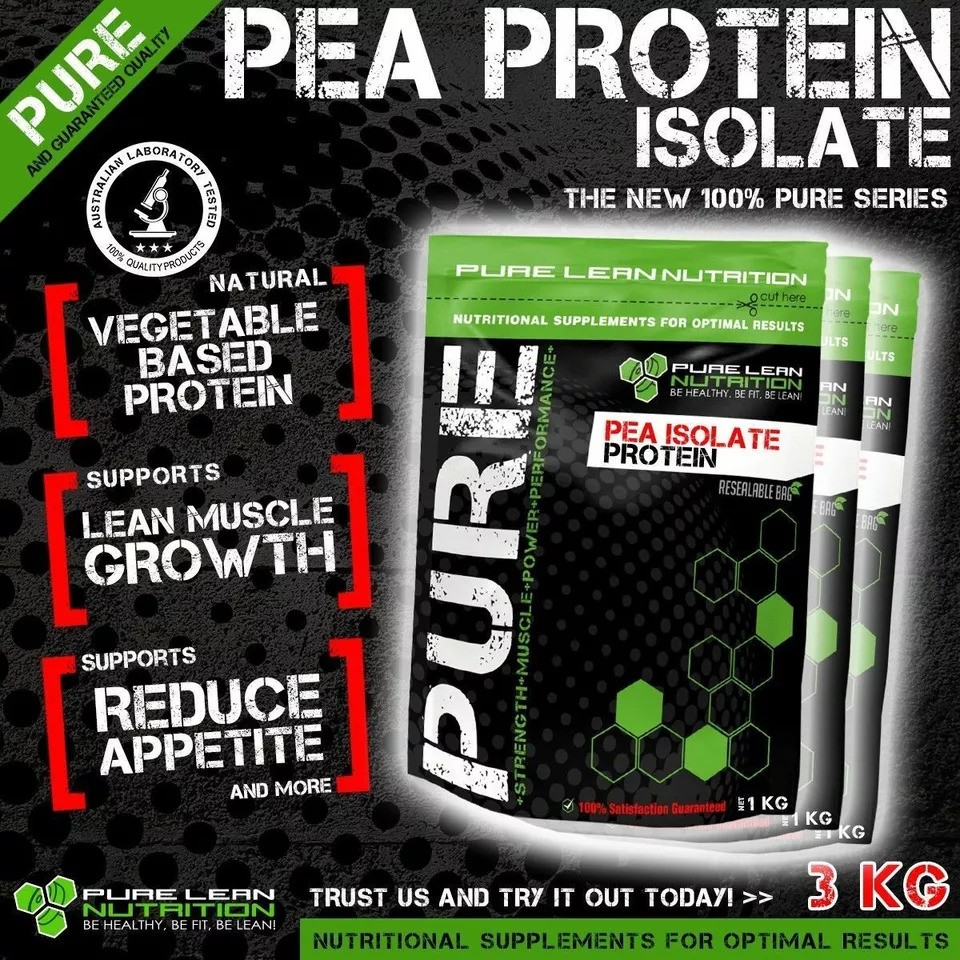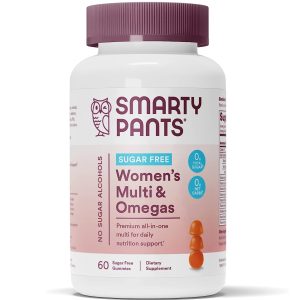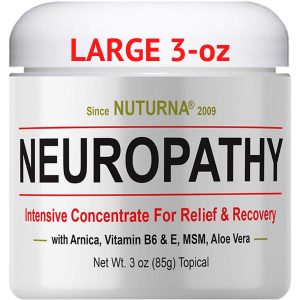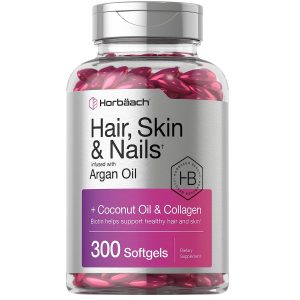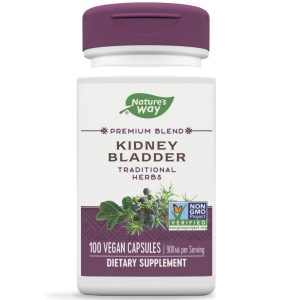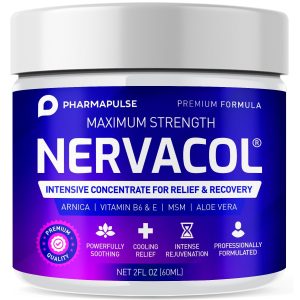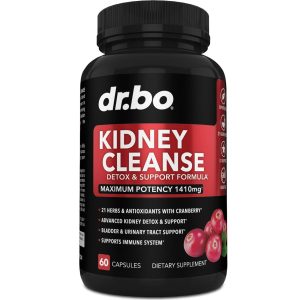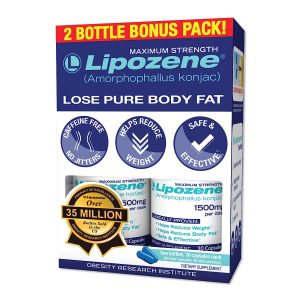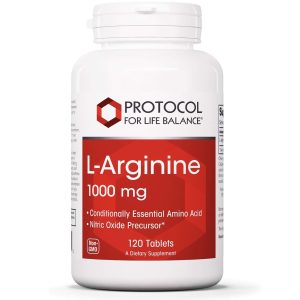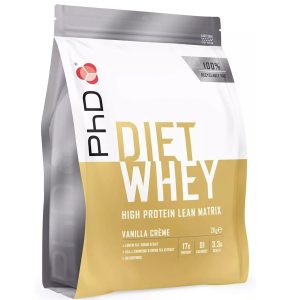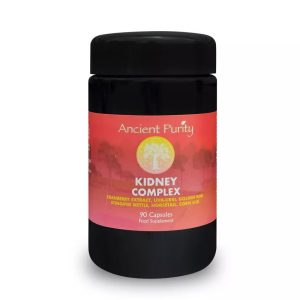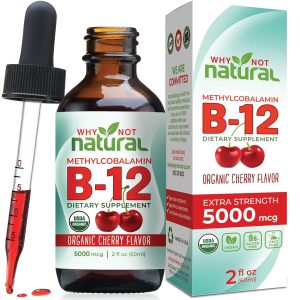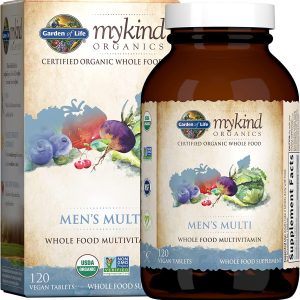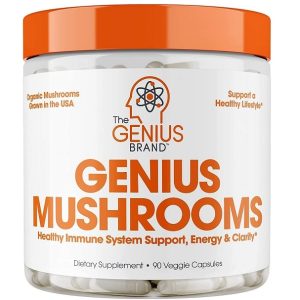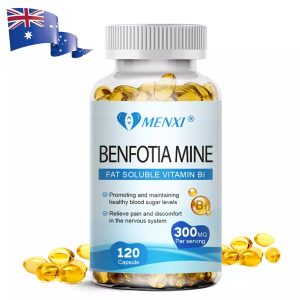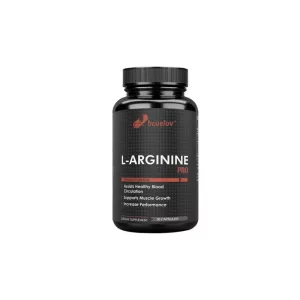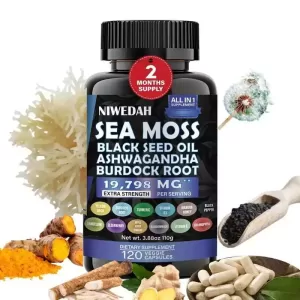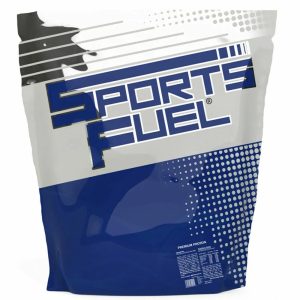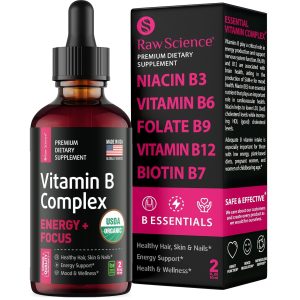No products in the cart.
Return To ShopPEA PROTEIN ISOLATE _ VEGAN VEGETARIAN ALTERNATIVE TO WHEY PROTEIN WPI WPC
$59.20
- Brand: Pure Lean Nutrition
- Condition: New
- Department: Unisex
- Formulation: Powder
- MainPurpose: BodyBuilding
About this Item
n recent years, plant-based nutrition has gained immense popularity among health-conscious individuals, fitness enthusiasts, and those following vegan or vegetarian diets. Among the myriad of protein sources available, pea protein isolate has emerged as a standout option, offering a robust alternative to traditional whey protein isolate (WPI) and whey protein concentrate (WPC).
What is Pea Protein Isolate?
Pea protein isolate is derived from yellow peas (Pisum sativum) through a careful extraction process that removes the majority of fats and carbohydrates, resulting in a highly concentrated protein powder. Typically, pea protein isolate contains about 80-90% protein by weight, making it an excellent source of plant-based protein.
Nutritional Profile
Pea protein isolate is rich in essential amino acids, particularly arginine, which plays a critical role in muscle growth and recovery. Although it is lower in methionine compared to animal proteins, it offers a well-rounded amino acid profile when combined with other plant-based proteins, such as rice or hemp.
- Protein Content: Approximately 80-90% per serving.
- Vitamins and Minerals: Contains iron, magnesium, potassium, and B vitamins.
- Fiber: Low in fiber, making it easily digestible for most individuals.
- Allergen-Free: Unlike whey, pea protein is free from dairy, gluten, and soy, making it suitable for a wide range of dietary restrictions.
Benefits of Pea Protein Isolate
- Muscle Building and Recovery: Pea protein is an excellent choice for those looking to build muscle or recover post-exercise. Its high protein content supports muscle repair and growth.
- Weight Management: With its satiating properties, pea protein can help control appetite and may aid in weight loss efforts.
- Digestibility: Pea protein is easily digestible for most people, reducing the likelihood of gastrointestinal discomfort commonly associated with some protein powders.
- Sustainability: Pea cultivation has a lower environmental impact compared to animal farming, making pea protein a more sustainable choice for conscious consumers.
- Heart Health: Research suggests that plant-based proteins, including pea protein, may contribute to improved cardiovascular health due to their lower saturated fat content and potential cholesterol-lowering effects.
Related Product: Best Vitamins and Supplements Products
Related products
Products
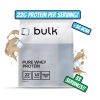
$34.88 Original price was: $34.88.$22.28Current price is: $22.28.

